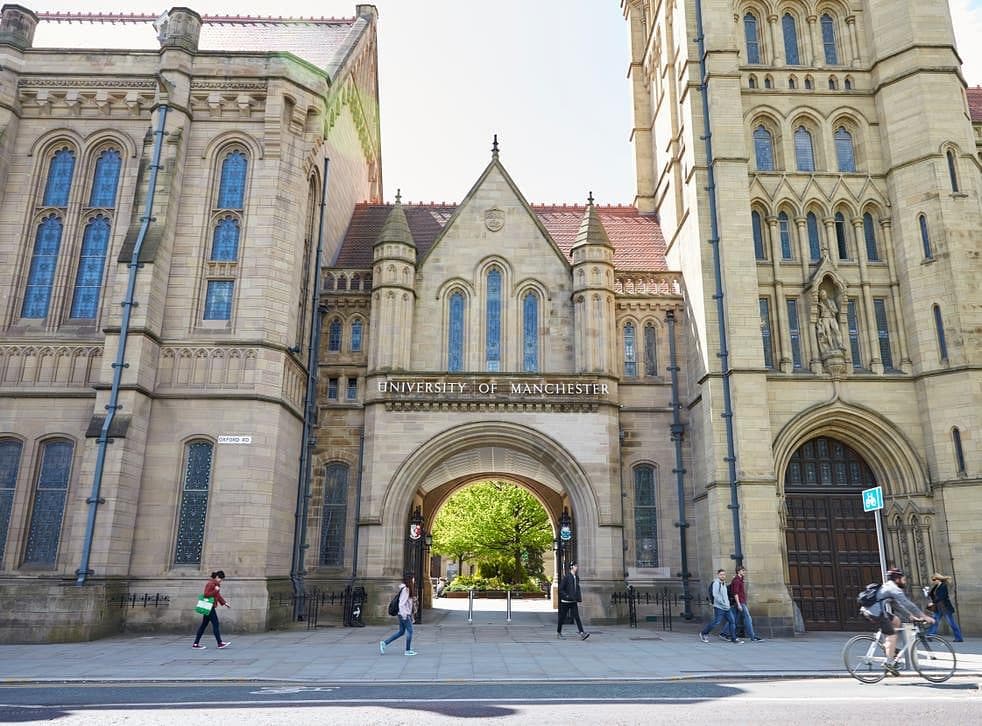Course unit details
Compulsory units
These include the compulsory core course units and research training units, and are taken by students on all pathways.
These units (details below in the course unit list) are designed to introduce you to the basics of interdisciplinary analysis, and to research training skills appropriate to the scope of the course.
From Papyrus to Print: The History of the Book' and 'Reading the Middle Ages and Early Modern period: Palaeography, Codicology and Sources' are taught in the magnificent surroundings of the John Rylands Library, with the support of specialist library staff.
You will get the opportunity to view and handle rare books and manuscripts from across the entire period. The aim is to consider all aspects of book production, from the roll to the codex and from script to print, as well as the uses (practical and symbolic) of texts in medieval culture.
You will be introduced to a range of medieval sources and recent theoretical approaches to archival research, and learn methodological skills, such as palaeography and codicology.
Perspectives in Medieval and Early Modern Studies' aims to explore the methodological, historiographical and analytical choices that shape our study of the medieval and early modern periods.
Highlighting the variety of disciplinary approaches that are in use in current scholarship, this unit will investigate a series of relevant themes within the field, and will be taught by specialists in a range of fields.
You will be encouraged to question issues of historical periodisation, the benefits of interdisciplinarity, and how an intellectual framework for the study of the medieval and early modern periods may be conceptualised.
Optional units
You will be able to take 60 credits of optional units. These options range widely over the history, literature, art and material culture of the medieval and early modern world.
You may also take Latin or Old/Middle English (15-30 credits) - appropriate level taken to be discussed with the Programme Director, in consultation with the relevant department.
Options to take other languages, such as Hebrew, Arabic, or Greek can be considered, in consultation with the Programme Director. You can take no more than 30 language credits.
Medieval Pathway:
Of the optional units selected, 15 credits must clearly be of relevance to the medieval period.
Early Modern Pathway:
- Of the optional units selected, 15 credits must clearly be of relevance to the early modern period.
- You may choose other relevant options from other subject areas, subject to approval by the relevant course directors. Details of new available options will appear here. Please check again in June, or contact the course director.
Dissertation
The dissertation allows you to research a topic of your choice (60 credits). Students on all pathways must complete a dissertation.
Medieval Pathway:
The dissertation topic selected must lie within the medieval period.
Early Modern Pathway:
The dissertation topic selected must lie within the early modern period.
If you have any further academic queries, please email Professor David Matthews ( david.matthews@manchester.ac.uk ).
Course unit list
The course unit details given below are subject to change, and are the latest example of the curriculum available on this course of study.
Title
- Perspectives on Medieval and Renaissance Studies
- Reading the Middle Ages and Renaissance: Palaeography, Codicology, and Sources
- From Papyrus to Print: The History of the Book
- Intensive Latin 1
- Intensive Latin 2
- Shakespeare: Theory and the Archive
- Wondrous Transformations: Translating the Medieval Past
- Old English: Writing the Unreadable Past
- Vital Matters
- Approaches to Literary Studies: Historicism and the Archive
